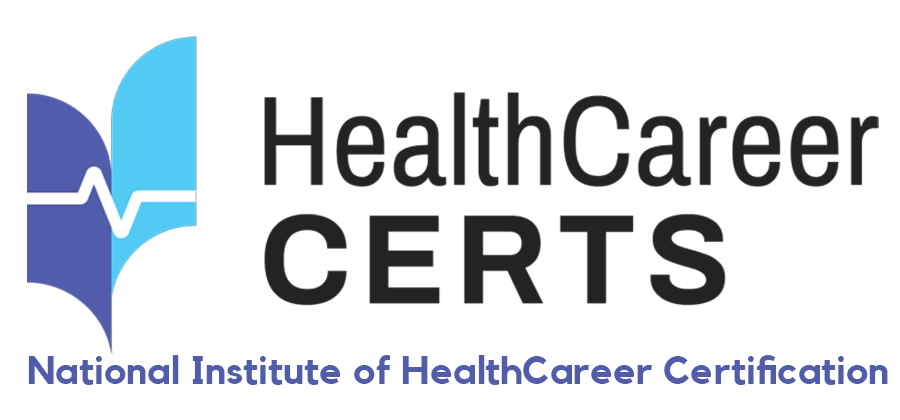Maximizing Your College Summers: The Power of Clinical Experience for Pre-HealthStudents
For pre-health students aspiring to pursue careers in medicine, dentistry, nursing, or other healthcare professions, the value of clinical experience cannot be overstated. Not only does clinical experience provide a glimpse into the realities of healthcare settings, but it also enhances your competitiveness as an applicant and opens doors to valuable letters of recommendation (LORs) during application season. In this blog post, we will explore how pre-health students can maximize their college summers by pursuing clinical experience, specifically by getting certified as a Certified Clinical Medical Assistant (CCMA) or Patient Care Technician (PCT), and how this can shape their future endeavors.
Understanding the Importance of Clinical Experience:
Clinical experience offers pre-health students a unique opportunity to immerse themselves in the healthcare environment, gain practical skills, and witness the intricacies of patient care. By engaging in hands-on work, you develop essential qualities such as empathy, teamwork, and communication skills that are highly valued in healthcare professions. It allows you to confirm your interest in the field, understand the challenges and rewards of patient care, and refine your career goals.
Certifications as a CCMA or PCT:
Becoming a Certified Clinical Medical Assistant (CCMA) or Patient Care Technician (PCT) can significantly boost your clinical experience and make you stand out among other pre-health students. These certifications provide specialized training in performing clinical procedures, managing patient records, and assisting healthcare professionals in various healthcare settings such as hospitals, clinics, and long-term care facilities. The knowledge and skills gained through these certifications are highly transferable and can be applied to a wide range of healthcare careers.
Benefits of CCMA or PCT Certification:
Hands-on Experience: CCMA or PCT certifications involve substantial hands-on training, allowing you to engage directly with patients, conduct vital sign measurements, perform electrocardiograms (ECGs), and more. This practical experience will help you develop confidence in your abilities and enhance your understanding of healthcare practices.
Networking Opportunities: Working as a CCMA or PCT exposes you to healthcare professionals from different disciplines. Building relationships with physicians, nurses, and other healthcare providers can expand your professional network and potentially lead to future opportunities, such as shadowing or research positions.
Application Competitiveness: Admissions committees for healthcare professional schools highly value clinical experience. Obtaining a CCMA or PCT certification demonstrates your commitment to patient care and showcases your dedication to gaining firsthand experience in the field. This can significantly enhance your application and set you apart from other candidates.
Leveraging Clinical Experience for LORs:
One of the significant advantages of pursuing clinical experience as a CCMA or PCT is the potential to secure high-quality letters of recommendation. When working closely with healthcare professionals, you have the opportunity to build meaningful relationships and demonstrate your abilities and work ethic. Requesting LORs from supervisors or mentors who have observed your dedication and performance can provide powerful endorsements for your application.
Tips for Maximizing Your College Summers:
Plan ahead: Research CCMA or PCT certification programs and application requirements early to ensure you have enough time to complete the necessary coursework and clinical hours during your summer break.
Seek diverse experiences: Look for opportunities in various healthcare settings, such as hospitals, outpatient clinics, or specialized units, to gain exposure to different aspects of patient care and broaden your understanding of the field.
Reflect on your experiences: Take the time to reflect on your clinical experiences and consider how they have shaped your understanding of healthcare. Keep a journal, noting challenges, successes, and personal growth, which can serve as valuable material for application essays or interviews.
Maintain professionalism: Treat every patient interaction and clinical experience as a learning opportunity. Demonstrate professionalism, respect, and a strong work ethic, as these qualities are highly regarded in healthcare professions.
Pre-health students can maximize their college summers by pursuing clinical experience through CCMA or PCT certifications. By immersing themselves in the healthcare environment, they can gain valuable skills, confirm their career aspirations, and significantly enhance their competitiveness as applicants. Additionally, the potential to obtain strong letters of recommendation from healthcare professionals can further bolster their chances of success. Remember, the journey to a healthcare career begins with taking proactive steps towards gaining clinical experience and setting yourself apart from the competition.









